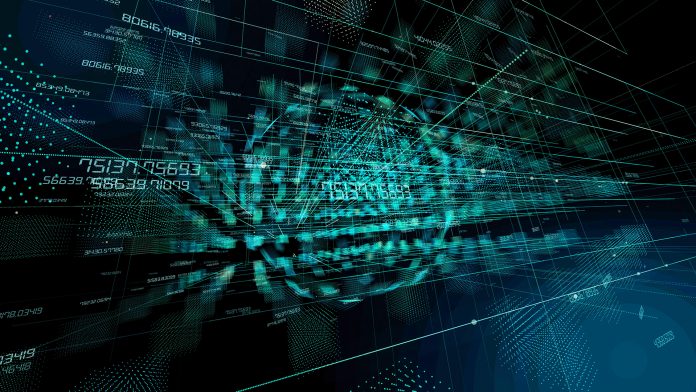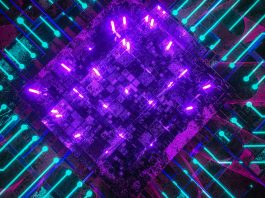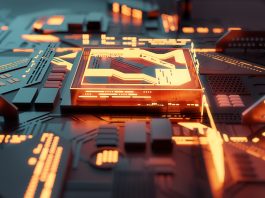An international team of researchers has devised an innovative method for optimising the accuracy of quantum computers, a significant limitation of the revolutionary technology.
The collaborative project, led by the University of Vienna, has made a technological breakthrough that may potentially push the boundaries of quantum computing farther than ever before, with the team developing a neoteric technique that dramatically enhances the accuracy of quantum computers.
The results of their investigation are published in APS Physics.
Harnessing the potential of quantum computers
The cutting-edge technology of quantum computers is evolving exponentially, already rivalling the capabilities of some of the world’s largest and most sophisticated supercomputers; however, due to being incredibly sensitive to external influences, inaccuracies in quantum computers still persist as these outside influences can alter the computation.
This problem is most pronounced in quantum computations that are far too advanced for conventional computers, in which results can no longer be verified independently through simulation.
Chiara Greganti, a PhD student from the University of Vienna, said: “In order to take full advantage of future quantum computers for critical calculations, we need a way to ensure the output is correct, even if we cannot perform the calculation in question by other means.”
Developing a new method
To mitigate these inaccuracies, the researchers designed a novel cross-check procedure that enables the results of a quantum calculation performed on one device to be corroborated through a similar but fundamentally different calculation on a separate device.
Martin Ringbauer, a researcher at the University of Innsbruck, said: “We ask different quantum computers to perform different random-looking computations. What the quantum computers don’t know is that there is a hidden connection between the computations they are doing.”
By employing an alternative model of quantum computing built on the infrastructure of graph structures, the team can produce a range of different computations from a common source.
Ringbauer said: “While the results may appear random and the computations are different, there are certain outputs that must agree if the devices are working correctly.”
To test their method, the team tested it on five currently used quantum computers using four distinct hardware technologies; these were superconducting circuits, photonics, trapped ions, and nuclear magnetic resonance. This was conducted to demonstrate that the technique works on a range of current hardware without any special requirements.
Additionally, the researchers showcased that the method could be used to check a single device against itself. It can achieve this because as the two computations are so different, the results will only agree if they are also correct. A further advantage of the method is that those using it do not have to perform the time-consuming step of observing the entire result of the computation.
Tommaso Demarie, the CEO and co-founder of Entropica Labs in Singapore, said: “It is enough to check how often the different devices agree for the cases where they should, which can be done even for very large quantum computers.”
This collaborative endeavour was formed to make quantum computers more trustworthy; as they are becoming increasingly viable for commercialisation, the new method ensures that they meet the performance that they advertise.
Joe Fitzsimons, the CEO of Horizon Quantum Computing in Singapore, commented: “This close collaboration of academia and industry is what makes this paper unique from a sociological perspective. While there’s a progressive shift with some researchers moving to companies, they keep contributing to the common effort making quantum computing reliable and useful.”









